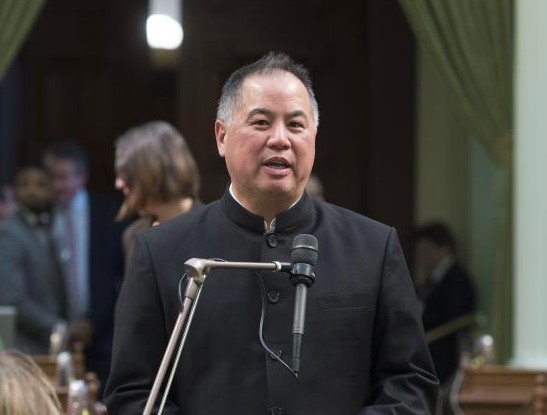I’ve been called for jury duty at least a dozen times in the past 30 years. I’ve always wanted to serve, but have never been chosen: On the criminal side, the district attorney has always moved to dismiss me (I get it – given my history of covering the SFPD it would probably be close legal malpractice to allow me on a jury where the credibility of police officers was a major issue). On the civil side, whatever big corporation (once it was Safeway) or landlord is being sued doesn’t want me on the panel, either.

I keep trying. I think I’d be a great juror. I always tell people who get called not to try to duck out. My message: If you were on trial, wouldn’t you want someone like you on your jury?
But when I’m sitting in the jury room, a lot of the folks around me talk about how they will do anything to get out of serving. And they have a good reason:
They can’t afford it.
If you serve on a jury, you get $15 a day, which doesn’t even cover transportation and lunch.
Many employers in San Francisco don’t pay for jury duty. Some pay – but require you to use your vacation time. For a huge number of people, jury duty is a financial crisis: Even a week-long trial means missing a week of work, which can be the difference between making rent and feeding your family. Some trials last for a lot longer.
So, from my experience, the people who wind up on juries are either employees of big corporations, who get paid, or public employees, who get paid, or retired people, or people who have enough money that going without work for a few weeks is no big deal.
That means most criminal defendants and civil plaintiffs don’t get anything resembling their Constitutional right to a jury of their peers.
Help us save local journalism!
Every tax-deductible donation helps us grow to cover the issues that mean the most to our community. Become a 48 Hills Hero and support the only daily progressive news source in the Bay Area.
For about 30 years, whenever people run for judge or for the state Legislature, I have asked them the same question: What are we going to do about paying people for jury duty? Everyone agrees that it’s a problem. Nobody has offered a solution.
But now there’s a bill quietly making its way through the state Legislature that would start to make a difference.
AB 1452, by Assemblymember Phil Ting (D-SF), would create a pilot project to pay low-income people in San Francisco $100 a day for jury duty.
It’s a small program, and it’s nowhere near enough, and it only applies to criminal trials. But the bill might make it possible for a more representative group of people to serve on juries – and both the public defender and the district attorney support it.
It might also be an opening for broader legislation that addresses the fundamental fact that juries are not fair. In a federal case, jurors can be chosen from all over the region – so the family of Alex Nieto got a largely white, entirely suburban jury whose members clearly had different experiences with the police than many non-white San Franciscans. That led to a disaster of a verdict.
Ting’s bill can’t fix that. And $100 a day isn’t enough to make up for what many people will lose as jurors (even a minimum-wage job in San Francisco pays more than $100 a day).
But it’s a start. As retired Superior Court Judge Ellen Chaitin told me: “A jury should reflect the entire community. This bill will ensure that it does.”
And it seems to be moving forward with little opposition.
That’s not the case with another bill that’s gotten almost no news media attention: AB 889, by Assemblymember Mike Gipson (D-LA). The bill would have required residential landlords to report the name of the actual human beings who own the property.
That would have undermined the ability of big investment groups to buy up houses and apartment buildings under secretive Limited Liability Companies or other front groups and hide their actual ownership – and thus any accountability for, say, improper evictions, failure to do maintenance, and speculation.
It had the support of both ACCE and California Yimby, which are not often in agreement on housing issues.
And yet it didn’t get out of the Senate Judiciary Committee. As supporters pointed out, landlords have been willing to give a little ground on rent increases and eviction protections – but went to the mat to fight this one.
Why? Because full disclosure hurts the speculators.





